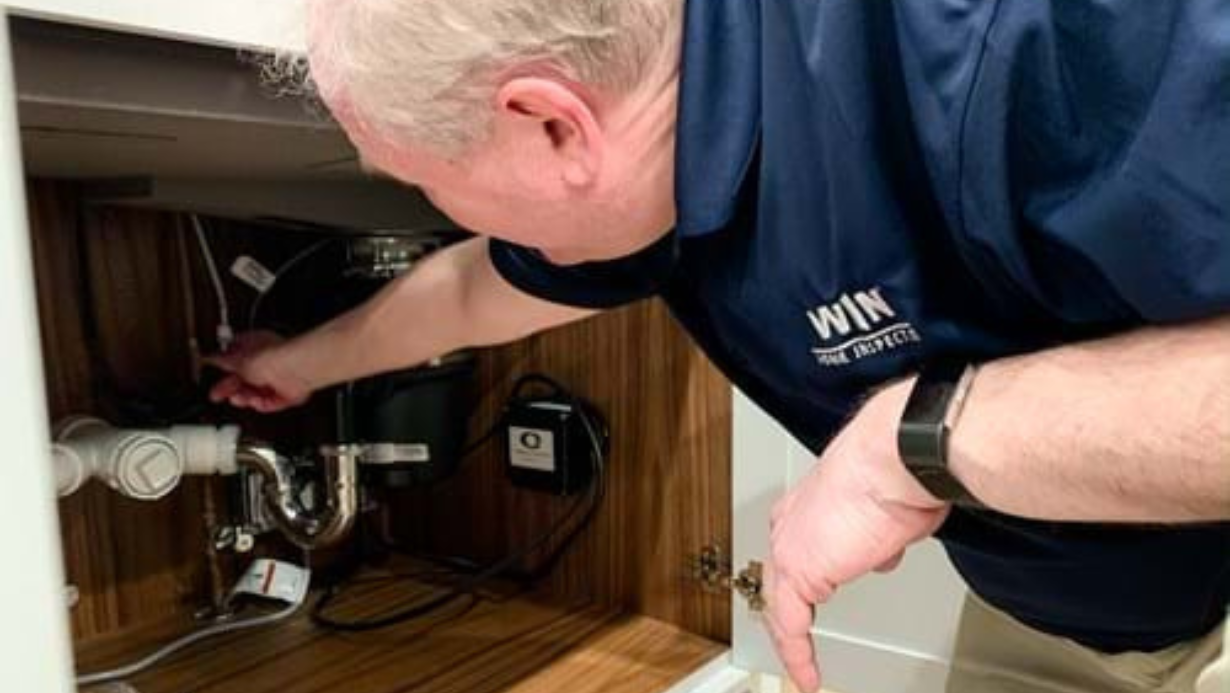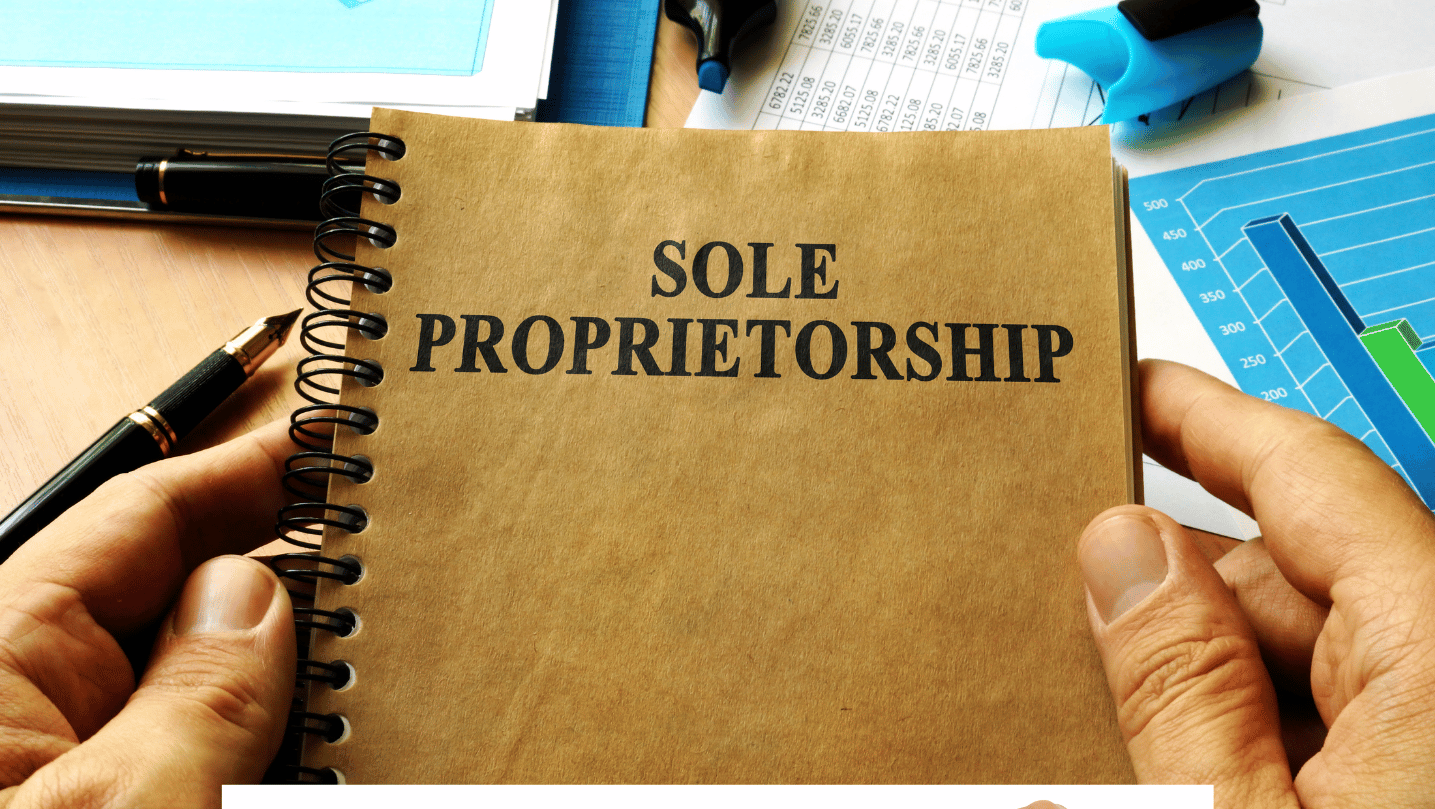Ready to Embark on an Exciting Journey with WIN?
Take the first step toward personal and financial freedom by filling out the interest form. One of our franchise advocates will be in touch with you soon!

Home inspection is often considered an underrated industry, closely associating it with real estate. However, home inspection can be a very fruitful business opportunity, especially for entrepreneurs looking to work within real estate, but not be subject to the ebbs and flows of the real estate market.
Home inspection is an essential business and plays a vital role in the home buying and selling process. Since home inspectors don’t perform home maintenance, they offer an unbiased opinion of the property and keep the client’s best interest in mind.
Because of its unique nature, many aspiring entrepreneurs find themselves at a crossroads when deciding on the best business entity to establish their home inspection business. Choosing the right business entity is important as it can significantly affect your daily operations, annual taxes, and how much of your personal assets are at risk. With various options available, such as sole proprietorships, partnerships, limited liability companies (LLCs), and corporations, understanding the ins and outs of each is crucial.
The legal structure of your home inspection business establishes the foundation and impacts every aspect of your business from your legal liabilities to your tax obligations.

Starting as a sole proprietorship is the simplest way to set up your home inspection business. It means you are the sole owner and directly responsible for all aspects of the business. This entity is straightforward to establish, with minimal paperwork and low start-up costs. However, it’s important to note that there is no legal distinction between you and your business. Your assets could be at risk if your business faces legal trouble.

A step up from sole proprietorships, partnerships involve two or more people coming together to run a business. Like sole proprietorships, partnerships are relatively easy and inexpensive to form. They allow for shared responsibility and resources but come with shared liability. There are several types of partnerships including general partnerships, limited partnerships, and limited liability partnerships, each distinguished by liability requirements and management roles.

Corporations are more complex business entities. They provide the strongest protection from personal liability for the owners, known as shareholders. This entity is a legal person in its own right, capable of owning property, entering into contracts, and being sued. However, corporations are subject to more regulations, require more extensive record-keeping, and often face higher taxes. For a home inspection business, this structure might be more than necessary unless you’re planning significant growth or seeking outside investors.

LLCs combine elements of both corporations and partnerships. They offer the liability protection of a corporation with the tax efficiencies and operational flexibility of a partnership. This means your assets are usually safe if your business encounters legal issues, but you can still enjoy pass-through taxation. LLCs are popular among small business owners for their adaptability and relatively simple business requirements.
When shaping the structure of your home inspection business, financial and legal frameworks are crucial, but they’re not the whole picture. Your vision for the business’s growth and the team you plan to build around it also play significant roles in deciding the most fitting business entity.
Your aspirations for expanding the business can significantly dictate the ideal structure. For instance, if you aim to keep the operation small, a sole proprietorship or partnership might suit your needs perfectly. However, if you envision a large-scale operation with significant growth, an LLC or corporation could provide the benefits you need, such as easier access to capital, an ability to issue stock, and a more structured hierarchy for managing a larger staff and operations.
Speaking of staff – sole proprietorships and partnerships might be more manageable with a small team due to their less complex regulatory and administrative requirements. However, as your team grows, the benefits of an LLC or corporation—such as limited liability protection and structured processes for adding new members or employees—become more appealing. These structures can better accommodate a growing team, offering clear roles, responsibilities, and protection for all involved.
The nature of a home inspection business involves assessing properties, which comes with inherent risks. The chosen business entity can influence your liability and how you manage these risks. Sole proprietorships offer less protection against personal liability, which might be concerning if your business is exposed to high risks. LLCs and corporations provide a shield for your personal assets, giving you peace of mind as you operate in potentially litigious scenarios.
Your willingness and ability to manage administrative tasks can also guide your decision. While corporations offer great benefits, they require more in terms of record-keeping, compliance, and administrative oversight. If you prefer to focus more on the operational aspects of your business rather than on paperwork, an LLC might offer a good balance of protection and flexibility.
Considering these additional aspects alongside financial and legal considerations ensures you choose a business entity that not only meets your current needs but also aligns with your vision for the future. Whether it’s scaling your business, building a team, managing liabilities, or balancing administrative duties, each factor plays a crucial role in the success and sustainability of your home inspection business.

Navigating the licensing and regulatory requirements is an essential step for any aspiring home inspection business owner. These requirements ensure that your business operates within the law and enhances its credibility and trustworthiness in the eyes of clients and partners.
Licensing acts as a gatekeeper for quality and reliability in the home inspection industry. It ensures that inspectors meet a minimum standard of knowledge and professionalism, protecting consumers from potential fraud or incompetence. Holding a valid license also boosts your business’s reputation, as it shows clients that you adhere to industry standards and practices. This trust is invaluable in building a client base and establishing long-term success.
Licensing requirements for home inspectors can vary widely from one state to another. Some states have strict requirements, including completing a certain number of educational hours, passing a state-administered exam, and earning Continuing Education (CE) credits. Other states might have minimal or no licensing requirements. Research the specific requirements in your state or the state where you plan to run your home inspection business to ensure you’re fully compliant and can legally conduct home inspections.
The regulatory environment can have different implications for each business structure. For sole proprietorships and partnerships, the individual owner(s) must meet the licensing requirements, directly linking their qualifications to the business’s legal operation. In LLCs and corporations, the business entity itself might hold the licenses, allowing for multiple employees or members to perform inspections under the company’s umbrella, provided they meet individual licensure standards.
Compliance with regulations and maintaining the necessary licenses can also affect the administrative burden on the business. LLCs and corporations may have an advantage here, as they can distribute the workload among multiple members or employees, whereas sole proprietors and partnerships may find this responsibility rests heavily on fewer shoulders. Moreover, certain business structures may face more scrutiny in regulatory compliance, necessitating a more structured approach to documentation and record-keeping.
The demand for quality home inspections is perennial; however, starting a business from scratch comes with its share of risks and challenges. The hurdles of establishing a brand, building a client base, and navigating the regulatory landscape can be daunting. This is where starting a home inspection franchise, rather than an independent business, becomes particularly attractive to entrepreneurs.
WIN Home Inspection is ranked the #1 and fastest-growing home inspection franchise in the U.S. The franchise provides robust in-house training at no additional cost, ensuring that all its franchise owners are well-prepared to meet the industry’s demands. Additionally, WIN supports its franchisees with end-to-end marketing support, helping franchise owners launch and grow their businesses within their communities. Backed by 30 years of legacy, WIN leverages innovative technology and a large support team to ensure that its franchisees have the guidance they need for virtually every element of their home inspection business. This support system helps them overcome the initial hurdles of starting a business and sustain long-term growth and success.
To start a WIN home inspection franchise, please get in touch with us by filling out this interest form.